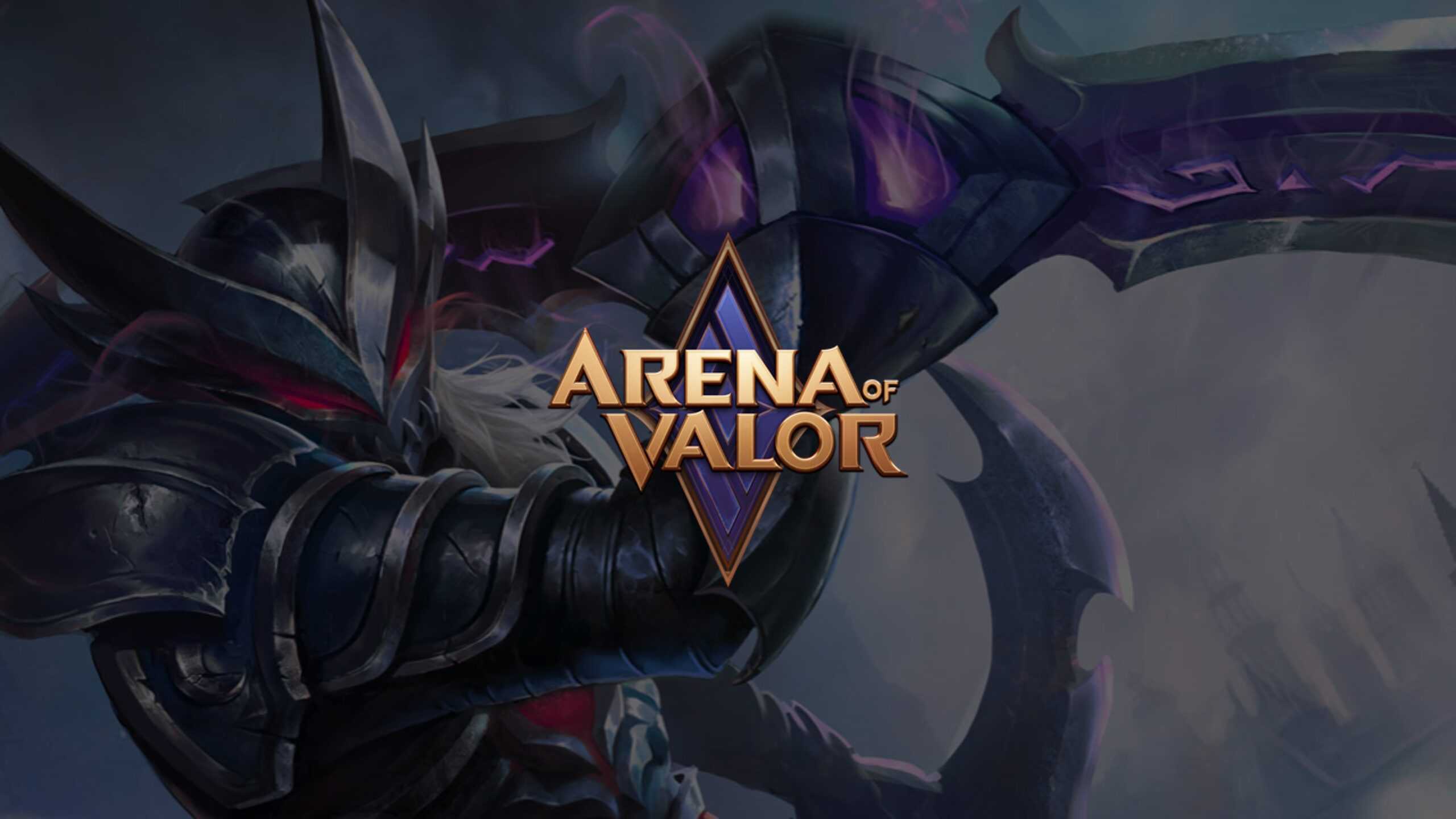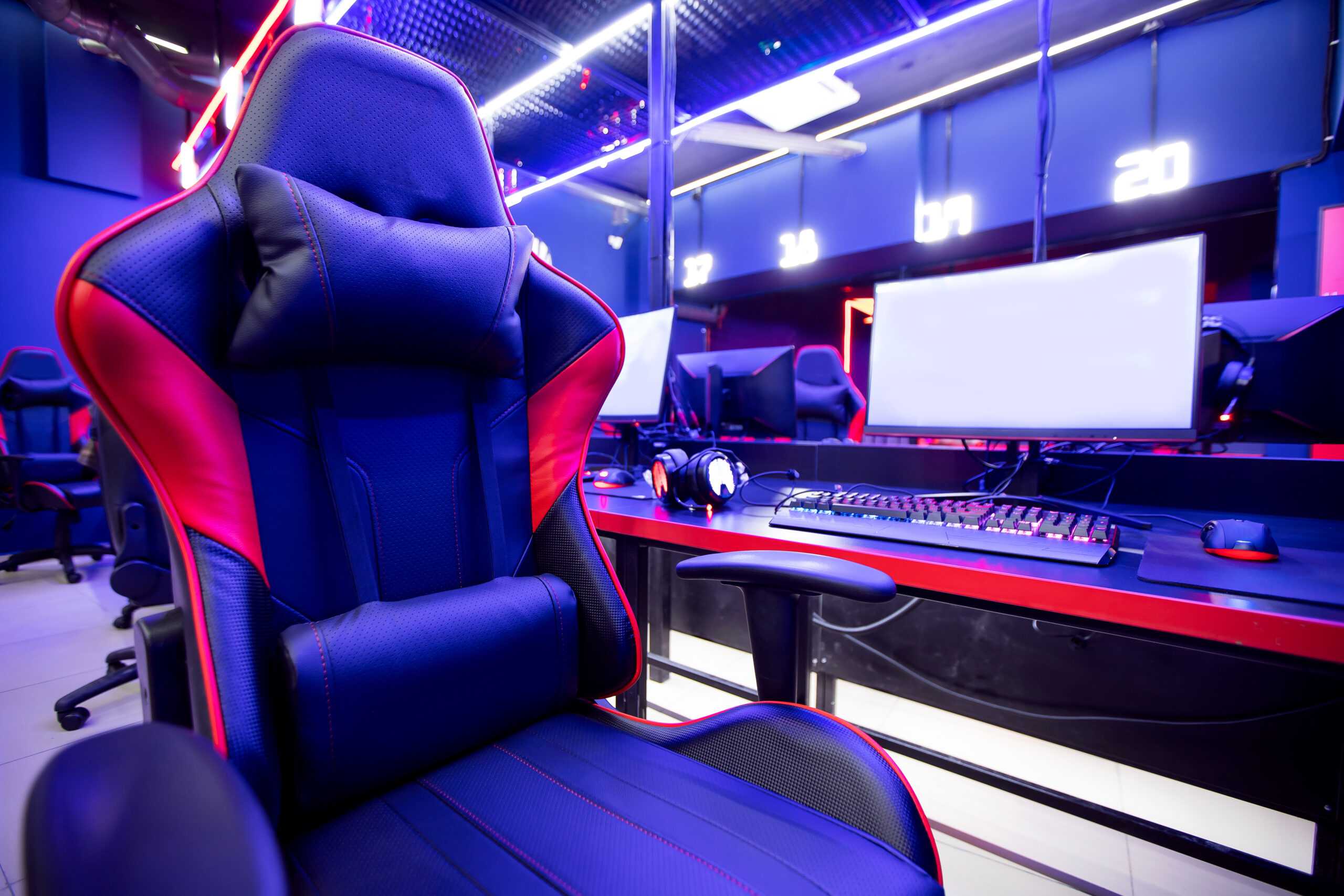Mobile gaming and esports continue to be one of the hottest growth sectors in the industry. Tencent’s MOBA, Arena of Valor (known as Honor of Kings in China), is one of the key drivers in the segment, having become the first mobile game to cross $10 billion in revenue as of last October. Arena of Valor has seen mobile esports competition from the likes of Mobile Legends: Bang Bang, Free Fire, PUBG Mobile, and more recently, Riot’s LoL: Wild Rift.
Mobile esports are so popular in Asia that they will be included in the 2022 Asian Games alongside PC/console esports. Arena of Valor will be one of the standouts at the Asian Games, but Tencent is not resting on its laurels. The Chinese juggernaut announced recently that it’s expanding the entire Arena of Valor esports ecosystem across the globe, adding North American competition for the first time this year.
According to Bernd Gottsmann, lead of global esports at Tencent Games, the company intends to bolster Arena of Valor esports “across all layers” and is increasing prize pools up to $10 million. Not only is Tencent bringing more pro leagues to an unspecified number of countries, but the publisher is significantly expanding its amateur scene, adding amateur competition to Europe, North Africa, the Middle East, South Asia, North America, and South America.
Bolstering the ecosystem and broadening entry points for aspiring esports professionals gives Arena of Valor players a better path to going pro, and it also can boost awareness of the brand at a time when Riot and other competitors are also vying for a bigger share of mobile esports.
Interpret’s New Media Measure®: Global Profiles shows how much momentum Tencent’s hit game has enjoyed in the last year alone. China, unsurprisingly remains in the lead, with 8% of gamers in Tier 1/2/3 cities playing Arena of Valor. Just as impressive, however, is how far huge markets like Brazil, India, and the US have come. Playership of Arena of Valor in the US has tripled, while in Brazil it’s doubled, and in India, it’s grown over 50%. Tencent’s decision to expand the game’s esports footprint comes at the right time.






